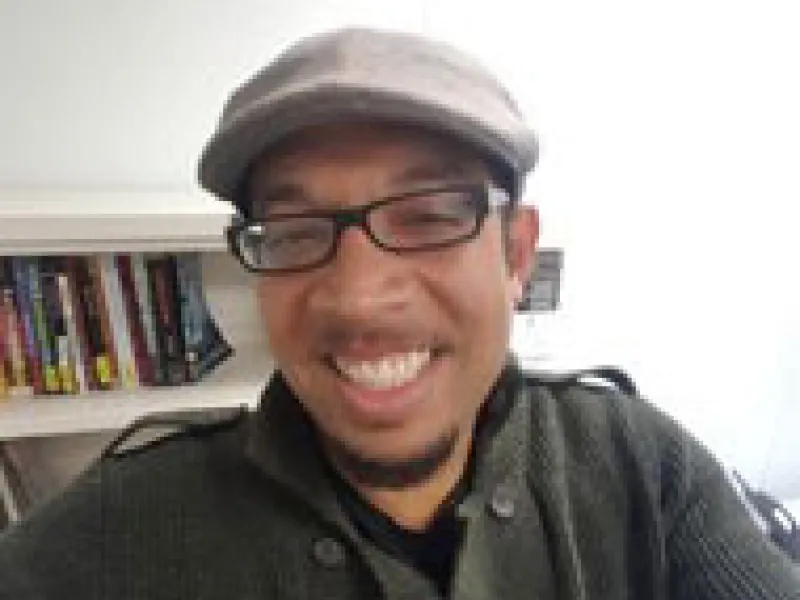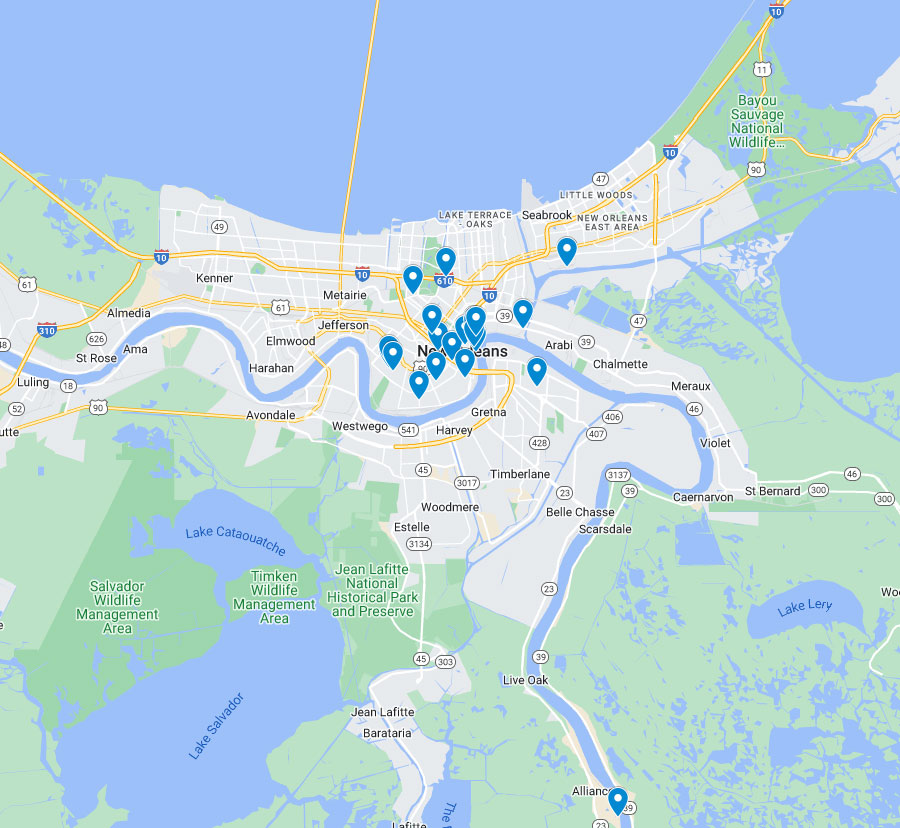
Biography
Blair M. Proctor, PhD, is an Assistant Professor of African History in the Department of Black Studies, SUNY New Paltz, National Council of Black Studies (NCBS) Ankh Maat Wedjau Honor Society, SUNY New Paltz, Dept. of Black Studies Chapter. Current articles under peer-review are, “Race, Space, and Environment in New Orleans: From Plessy Through Katrina,” in the Architecture_Media_Politics_Society (AMPS) Journal, and my contribution chapter “Double-Consciousness Revisited: Garveyism & Colouredness in the Post-Apartheid Era,” in the edited volume Rethinking Rights in Times of Crisis.
Additionally, Proctor worked for the City of Phoenix, Arizona as an urban planner from January 2006 to July 2012, prior to transition into the Michigan State University (MSU) African American and African Studies (AAAS) doctoral program. Proctor received both his B.S. in urban planning, 2005, and Masters of Geographical Sciences and Environmental Planning with a focus in community development, Arizona State University (ASU), 2007.
Research
Entering into my third year and reappointment as a tenure-track assistant professor in Fall 2021, I will use the NOCGS Research Grant during my tentative sabbatical to continue research on my research project on how South African Coloureds within the post-apartheid era and New Orleans Black residents in a post-Hurricane Katrina period are affected by the COVID-19 pandemic. This article titled Pandemics in New Orleans and Johannesburg: From Plessy & Apartheid through COVID-19, would contribute to the field of Black Studies, 50+ years after the implementation as an academic discipline at SUNY New Paltz as one of the oldest Black Studies departments in the nation. Twenty years into the twenty-first century, the COVID-19 pandemic has become the most recent manifestation of a long history of pandemics that have affected Black Creole New Orleans residents.
Centered on environmental justice, race, and geography, my current research already considers other types of pandemics affecting these communities, including public health discrimination, racism, and poverty. Pandemics, defined as a disease prevalent over a whole country or the world, applies other forms of plagues which are not airborne, yet are sociological, created, and implemented which can cause health problems. Incorporating the coronavirus into my study will give me a new angle on these pandemics and will provide an even more intersectional view of how COVID-19 disproportionately affect the most marginalized, oppressed, and ghettoized communities. In short, these pandemics take a direct toll on Black New Orleans and Coloured South Africans’ health and life-chances.


